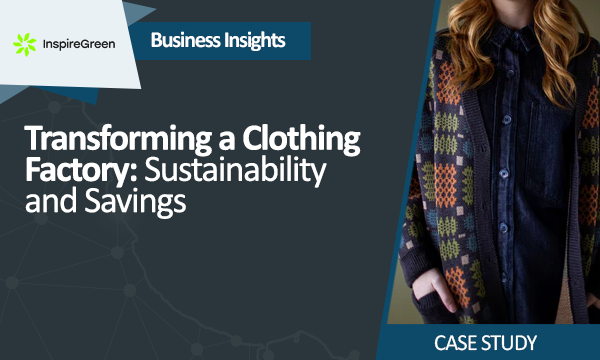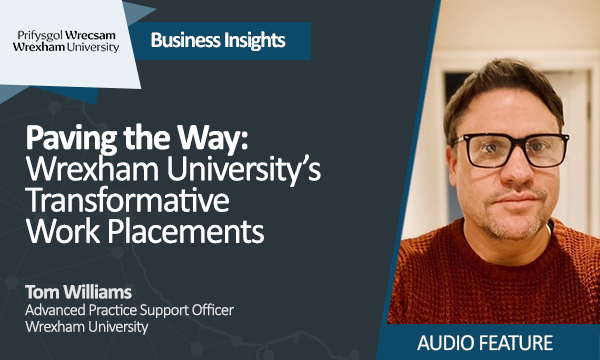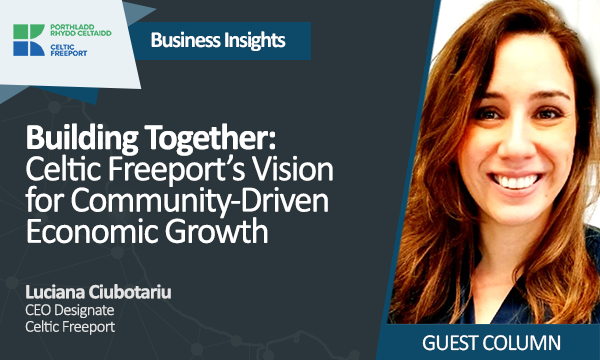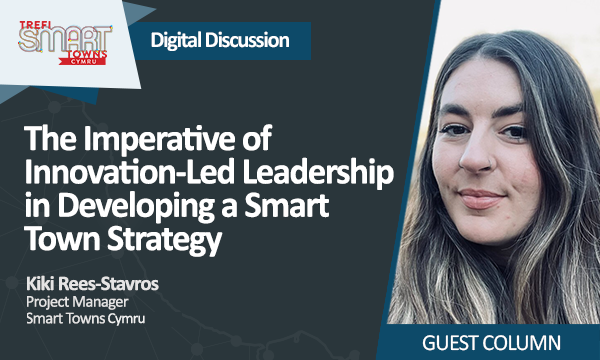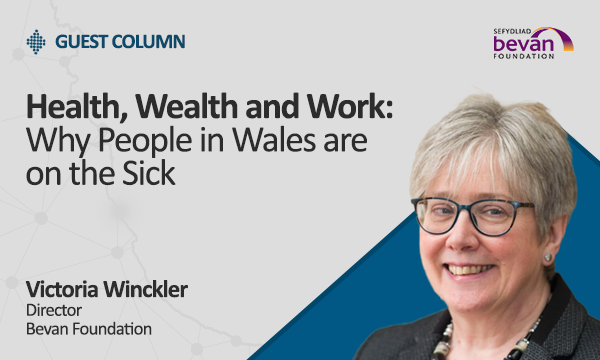Written by:
John Jackson
Section Editor
Business News Wales
Our built environments are fundamental in determining the quality of life for the citizens who inhabit them, and their ability to effectively support and enhance quality of life is being tested by everyone on a daily basis.
The home we live in (or not in many cases), and its location relative to employment, health, education, social and cultural facilities all determine how supportive or challenging our individual life experience within the built environment will be.
In theory, the solution seems simple; create high quality built environments and everyone will benefit. However in reality things are far more complex, and in part this is due to how in the 20th century our built environments were developed. In particular suburbs and new towns were created based on the traditional model of family life where the man went to work and the woman was the homemaker. Yes there were exceptions to this, but in general this is how our society was structured, it didn’t mean there was a lack of respect between partners, but it did mean there was a lack of opportunities for women. Where women did go out to work the roles were paid less, and predominantly undertook task based office, factory and retail jobs. It was even the case that women would seek work to earn “pin-money”, which in itself shows just how much society has changed. We have gone from a time when it was commonplace for one partner to earn an income that was sufficient to buy a house and support an entire family. Unfortunately, it was always the case that the one partner was expected to be the man.
Today, it’s near, if not impossible for one person earning the UK average wage to be able to buy or rent a family home, and have enough remaining disposable income for their partner to not have to go to work whilst at the same time raising a family. This is a harsh economic reality, that in part justifies (not that a justification for equality is necessary) the absolute need for women to be able to have and progress their careers. At the same time, and arguably far more important, being able to develop your own skills and to progress in your chosen career provides you with independence. This is something many men have been able to take for granted as a confidence boosting, integral part of their identity, and in a modern society this should be an equal expectation for all for women too.
The case of gender inequality alone shows that the very foundations of our built environment are flawed to the extent that we have legislated in an attempt to redress not only gender inequality but inequality based on a series of characteristics that are core to a person's identity. This is embodied in the Equality Act 2010 where there are nine protected characteristics: age, disability, gender reassignment, marriage and civil partnership, pregnancy and maternity, race, religion or belief, sex and sexual orientation. Legislation alone won’t automatically achieve equality in our built environment, for this to happen our organisations and businesses need to both understand and embrace equality. This means change, which in itself can be challenging as it involves being open and honest about the current modus operandi and culture within the enterprise.
However, this is a valuable and rewarding exercise to undertake, and from her experience Joy Kent, Managing Director of Joy Unlimited explains:
“The most frequently made argument for equality and diversity is an ethical one – why wouldn’t we want everyone to be able to have the same breadth of opportunities – surely that’s the kind of society we want to live in? For many of us, the moral argument is enough. But for some in business the most compelling argument is that it’s good for business: those employers that are able to pick from and draw on all the passion, commitment, skills, knowledge and expertise in their communities, and by doing so develop and deliver products and services that are more attractive to the widest possible customer base, are the ones that are going to survive and thrive. This isn’t something to ignore – particularly now.”
It’s easy to talk and write about the need for equality in the built environment, however it's the initiatives, groups, businesses and programmes that are working to bring about the changes that are of pivotal importance. A very few examples include: Stopcocks Women Plumbers, Disability Wales, Black Females in Architecture, the Community Impact Initiative and Women into Construction.
Kath Moore MBE is the Managing Director of Women into Construction and she explains:
“The construction industry is facing a skills shortage due to an aging work-force, changing work-practices and Brexit. It has traditionally been a male dominated industry, however it’s important that we increase the talent pool of those coming into the industry, provide opportunities for women to build careers in this exciting and well-paid industry, and create a more diverse workforce and a better working environment for all.”
In a civilised built environment any individual should be able to enjoy the benefits of being able to progress equally and fairly on their chosen path. Ensuring people have equal choices, irrespective of their personal characteristics, isn’t the case in 2020 and whilst progress has been made we’ve still to reach a position where equality is the norm. By embracing equality in our built environment will help to ensure that we continue to focus on encouraging, educating and training people who represent the breadth of human diversity that constitutes and enriches our society. This, over time, will mean our built environment will increasingly become one that effectively provides individuals with the best possible opportunities to live, interact and prosper within it.






